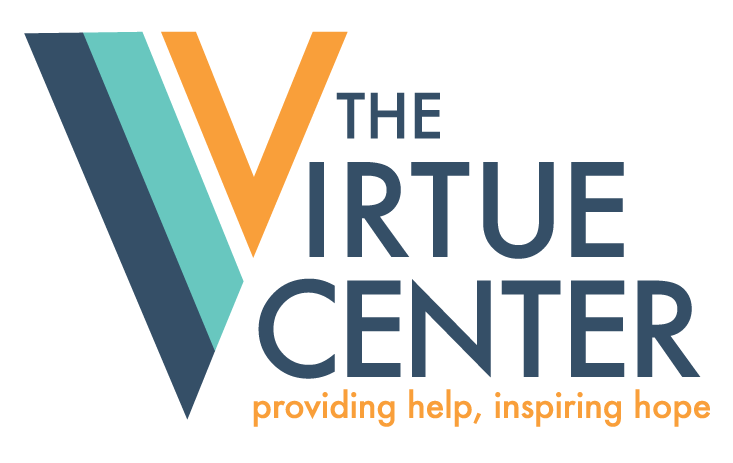POST-TRAUMATIC STRESS DISORDER, CHILDHOOD TRAUMA, AND SUBSTANCE ABUSE
Post-traumatic stress disorder (PTSD) affects 1 in 4 adults. The single event most likely to result in PTSD is rape, but men who have been raped are more likely to be experience PTSD and be undiagnosed due to shame, stigma, and being less aware that it may happen to them. Two-thirds of male rape victims experience PTSD. PTSD is not defined for children; however, they are more likely to experience it. Majority of people do not know they are experiencing PTSD, and it is evident in various ways as women have the most common diagnosis of depression, and for men, it is substance abuse. Effectively treating accompanying behaviors intensively is the solution to aid children exhibiting PTSD symptoms as 1 out of 4 abused children will meet criteria and typically express as:
Trouble regulating negative emotion
Worry (attention)
Negative self-worth and esteem
Impulse control-extreme reaction
Aggression/bullying
Research indicates that chronic early childhood trauma results in early mortality (Telomere Shortening & Mortality). Early childhood trauma that is experienced from ages 0-6 and in adolescence are most affected and display symptoms of PTSD. Surprisingly, research and studies (Unseen Wounds Study) have proven that children who experience emotional abuse have more negative behavioral affects than physical and sexual abuse. We see these negative behaviors in children who typically shut down and then explode (school shooter/self-harmers/roller coaster kid). These children will emotionally bruise easier, and as an adolescent will cope with substance abuse.
It is very common for someone has experienced childhood trauma to self-medicate by abusing substances to numb, forget or block out the pain. The Virtue Center has experienced therapists who can help one work through those memories, issues, or learn to cope in a safe environment. There are various supportive coping methods and areas to concentrate when one struggles with substance abuse and trauma related issues such as: coping skills, grounding, meditation, building self-identity, expression, development, and awareness, attunement, healthy alternatives, building interpersonal awareness, regulation, problem solving, improving effective communication skills, behavioral and impulse control. We also have a women’s trauma group.
If you have or loved one has experienced trauma and struggle with substance abuse, just walk-in Monday through Thursday, 9:00 a.m. to 5:00 p.m. to start services. We are here to provide help and inspire hope.
Connie Branch, LADC, Youth & Family Program Director
